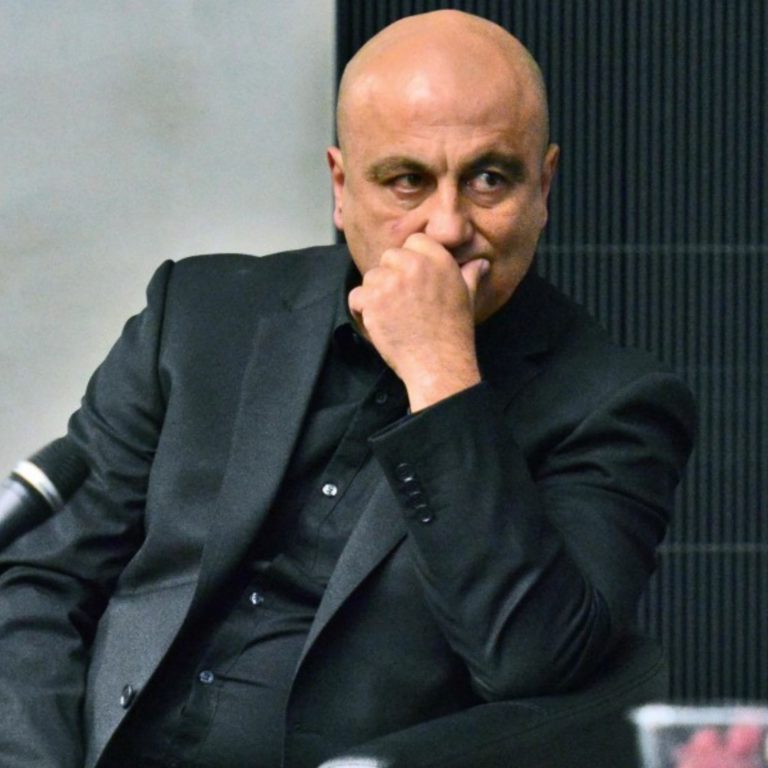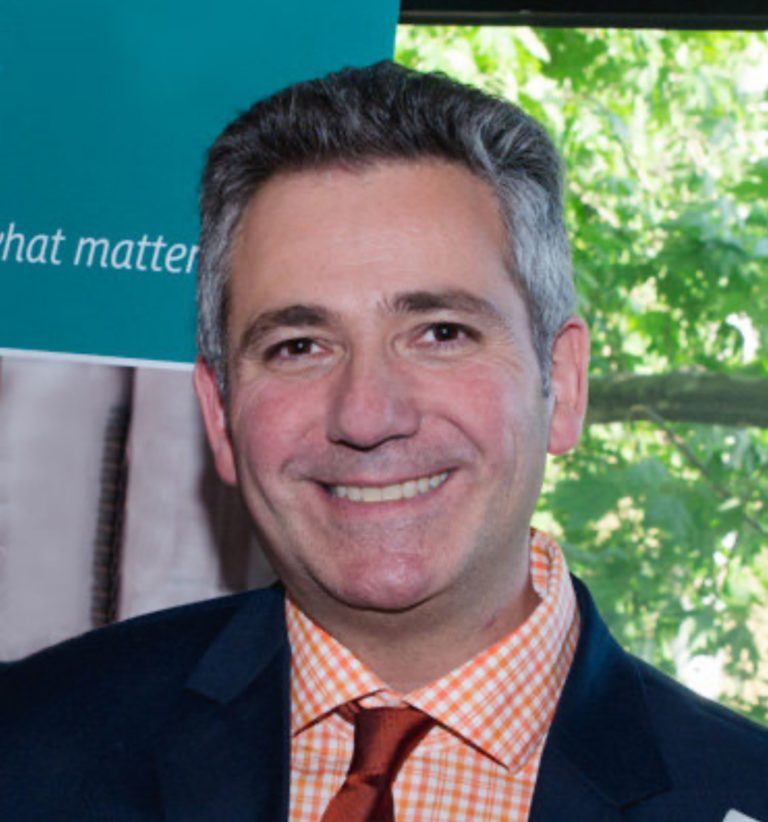The coronavirus pandemic has changed life as we know it. Facing a life-threatening health risk combined with isolation, lack of entertainment, grappling with home schooling, remote working coupled with unemployment and economic despair has caused chaos.
Sites like Beyond Blue and services such as PRONIA have noted huge increases to calls they have received since the outbreak, and more people than ever are engaging on online forums to express their feelings of despair as a result of the pandemic.
In response to the growing need for mental health services, Victoria’s former chief psychiatrist Ruth Vine has been appointed as Australia’s first deputy chief medical officer for mental health, a newly created role in an effort to curb COVID-19 related deaths from suicide following data from the Brain and Mind Centre last week that suggested that in a worst-case scenario, Australia would see unemployment peak at about 16 per cent, which could also result in the crisis causing an additional 1,500 deaths by suicide a year, over five years.
Neos Kosmos reached out to experts to ask: What impact is COVID-19 having on our mental health? And not only did they respond to our question, but also told us what we can do about it.
JENNY MIKAKOS
We understand this year has been, and remains, incredibly difficult for Victorians. The recent bushfires and the current overwhelming nature of the coronavirus pandemic is a huge strain on people’s mental health. Research shows there is often a surge in mental illness in the months and years after a community crisis – a second wave that both the Victorian Government and the Commonwealth will need to get ahead of, just like we have the coronavirus. In Victoria we’ve seen a large increase in demand for web based, phone and Telehealth mental health services for conditions of anxiety, depression and early mental illness. In addition, we’re seeing acute mental health services – particularly hospital based services – report a decrease in presentations as people adhere to social distancing and travelling restrictions.
We recently announced a $59.4 million package to help meet this demand and also as Victorians reach out for help with stress, isolation and uncertainty. It includes a range of support for children, young people and parents including $6 million to fast track Orygen Youth Health’s new eOrygen platform, which will provide online therapy and peer support for young people.
Jenny Mikakos is the Deputy Leader of the Government in the Legislative Council and Victoria’s Health Minister.
READ MORE: We asked experts for their opinion on the COVIDSafe App: Is it a game-changer?

GERRY GEORGATOS
In the short term, my experience of impact upon people’s mental health in the context of COVID-19, has been one of varying degrees; for some there have been acute stressors, but overall, though this may conflict with the views of others, much of the stated fears and impacts are possibly presumptive and without robust corroboration. Socioeconomic stressors underwrite worrisome mindsets and for some, subsequent cognitive narrowing and for fewer, disordered thinking. Despite a significant proportion of people socioeconomically tense, the majority of people are not socioeconomically stressed. More people than before COVID-19 are emphasising an importance on their primary physical health. However physical health is first determined by ones mental wellbeing. Therefore, the very questions of concern for ones physical health are intertwined and impact on mental wellbeing. Where there is a firmament of at least rudimentary supports, including relative fiscal affordability, human beings are effectively inherently resilient and can self-manage most trauma. However, where this firmament is lacking, such as among the impoverished, hence within such individuals and families are felt the most significant impacts to mental health wel-lbeing. Impoverished individuals without dependants fare better than impoverished individuals who are responsible, as providers, for their families.
Mental health is the discursive topic of our times; however, it remains fledgling. Contextually, Governments and society in general must triage focus support, funding, psychoeducation to those in abject and relative poverty. The most significant impacts to mental health have been felt by people living in the lowest quintile income bracket.
Gerry Georgatos is the coordinator of the National Suicide Prevention & Trauma Recovery Project.
READ MORE: Travel industry professionals tell us what travel will look like after COVID-19

ANTONIOS MAGLIS
At PRONIA, we have noticed with our elderly clients that the social restrictions of the COVID-19, such as not being able to attend their social clubs, church during the holy days of Easter, seeing their grandchildren, has amplified their sense of isolation. They describe feeling desperately lonely, and yearn to spend time with their loved ones, and because most lack technological literacy they are limited in the forms of contact they are able to engage in. And even though we offer over the phone counselling through our Family Counsellor and psychological support through our Psychologist, many clients have expressed they would rather have the physical presence. The general theme from casework as described by our social Workers is the overwhelming sense of isolation, fear and helplessness from our elderly clients. Lots of tears, stress, anxiety, uncertainty.
So much so, many call just to say ‘hello’ and chat. They are deeply saddened they can’t see grandchildren, friends etc. Many with complex health issues and life-limiting illnesses fear for their lives and/or the lives of their loved ones/carers etc.
Many younger families find it challenging keeping teenagers focused on school work through home study/online learning, juggling remote learning with working from home and dealing with the level of calls and the heightened anxiety from all the clients. Anxiety, stress, elt downs are words I would use to describe this time.
On the flip side, many have reconnected with various hobbies such as crafts, knitting, painting, crochet, drawing, etc, and this has helped them deal better with their distress. Many exercise every morning and this keeps them focused to deal with the emotions of the day.
There is also a sense of hope coming through from some of the clients that this will pass.
Antonios Maglis is the Chief Education Officer of PRONIA.
READ MORE: The search is on for a way to reduce Australia’s third-highest homeless rate in the OECD

ARTHUR KOKKINIAS
What we are experiencing with the COVID19 pandemic is essentially a natural disaster coupled with an evolving economic depression. A double whammy for an explosion in mental health issues in our population.
Add to this the enforced isolation and quarantine that we have experienced, and also, the direct experience of the illness in an unfortunate few, we then have the inevitable outcome of multiple psychiatric sequalae. Some of these may be immediate and others may be delayed effects.
We know that from previous studies of epidemics that complications such as depression, anxiety and post traumatic stress disorder rates are signify increased especially when people are forced to quarantine. Alcohol and drug abuse rates are also noted to increase.
My major concern is that with the projected economic decline and massive increase in unemployment rates that Australia’s suicide rates will increase. We already have alarmingly high rates especially in males. Young people in particular may be more vulnerable especially if this is combined with increasing rates of substance abuse.
The announcement this week of the appointment of an eminent psychiatrist (A/Prof Ruth Vine) to the post of the country’s Deputy Chief Medical Officer highlights how seriously the government is taking the expected mental health crisis. Government modelling forecasts a 50 per cent increase in suicides directly related to the economic shutdown. If this grim projection is realised then suicide deaths will outstrip those directly from COVID19.
Mental health needs to be a priority issue moving forward.
Dr Arthur Kokkinias is a psychiatrist.

HELPLINE
-
Pronia offers telephone and online support through Counselling, peer support, information provision on COVID and other related issues, education, training, advocacy and referral services. For any enquiries and further information please contact Pronia on 93889998
-
Gerry Georgatos, coordinator of the National Suicide Prevention & Trauma Recovery Project can be contacted at coordinator@suicidepreventionnational.com.au & 0430 657 309
-
Beyond Blue – 1800 512 348
-
Kids Helpline is Australia’s only free 24/7 private counselling service specifically for children and young people aged from 5 to 25 years. Call 1800 55 1800
-
eheadspace provides mental health and wellbeing support, information and services to young people aged 12 to 25 years and their families. Call 1800 650 890.
-
Lifeline provides 24-hour crisis counselling, support groups and suicide prevention services. Call 13 11 14.
-
The Cairnmillar Institute is offering free counselling (including counselling in the Greek language) by telephone or videoconferencing. Call 1800 391 393 to make an appointment.